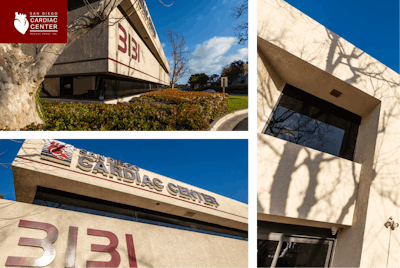Ultrasound tests involve the use of sound waves to create a visible image to evaluate the function of your heart, arteries, veins, or another area of the body. In this test, a gel is applied to the area to be evaluated, and the handpiece, called a transducer, is passed over that area to produce images. We perform several types of ultrasound tests in San Diego at San Diego Cardiac Center, which are described below.
Carotid Ultrasound Ultrasound Test
The carotid arteries are on each side of your neck. These arteries deliver blood from the heart to the brain. A carotid ultrasound is performed to identify blocked or narrowed carotid arteries, which may pose a risk of stroke. It is a safe and pain-free test that involves putting a special gel on the area and moving the ultrasound device over your skin, which emits sound energy that creates images of the arteries and the blood moving through them. These arteries may be narrowed due to the buildup of plaque.




